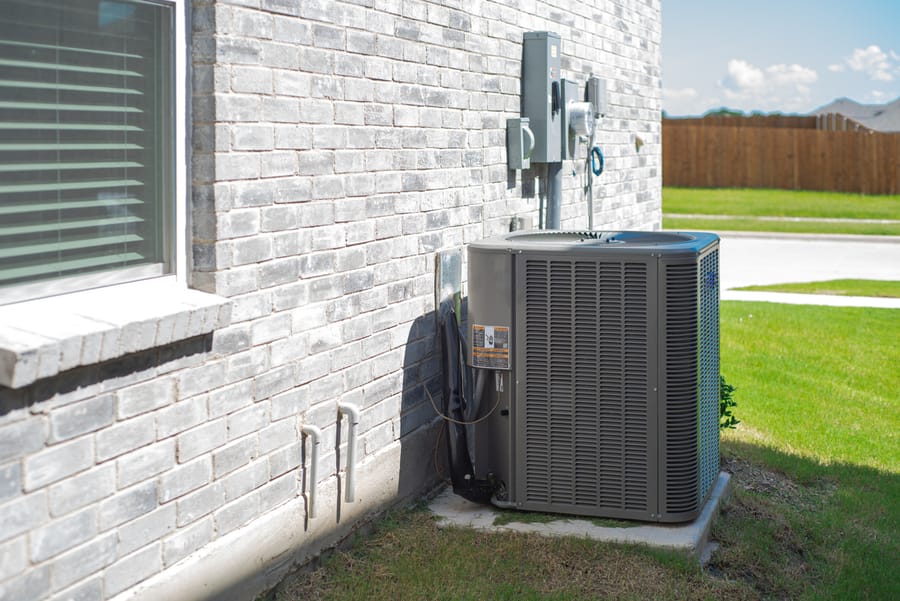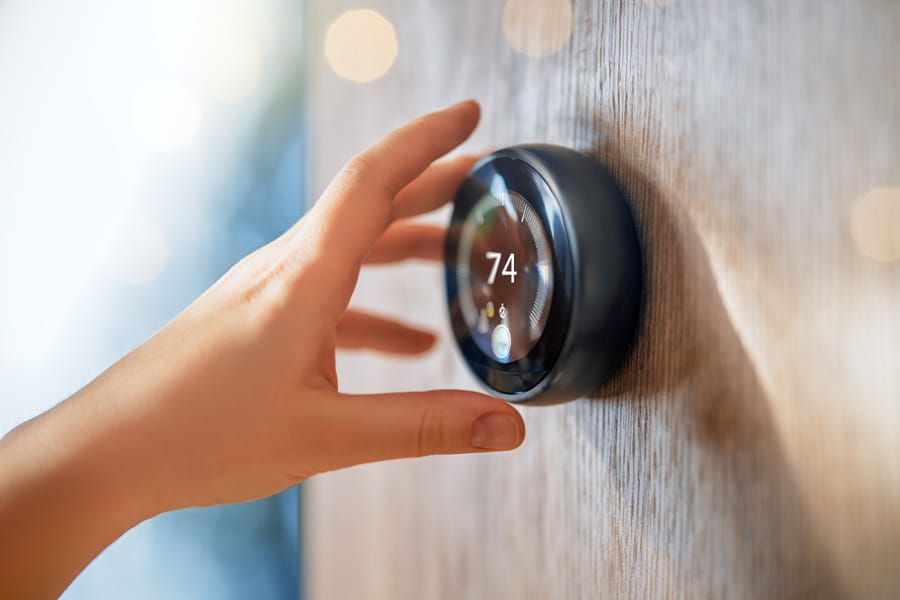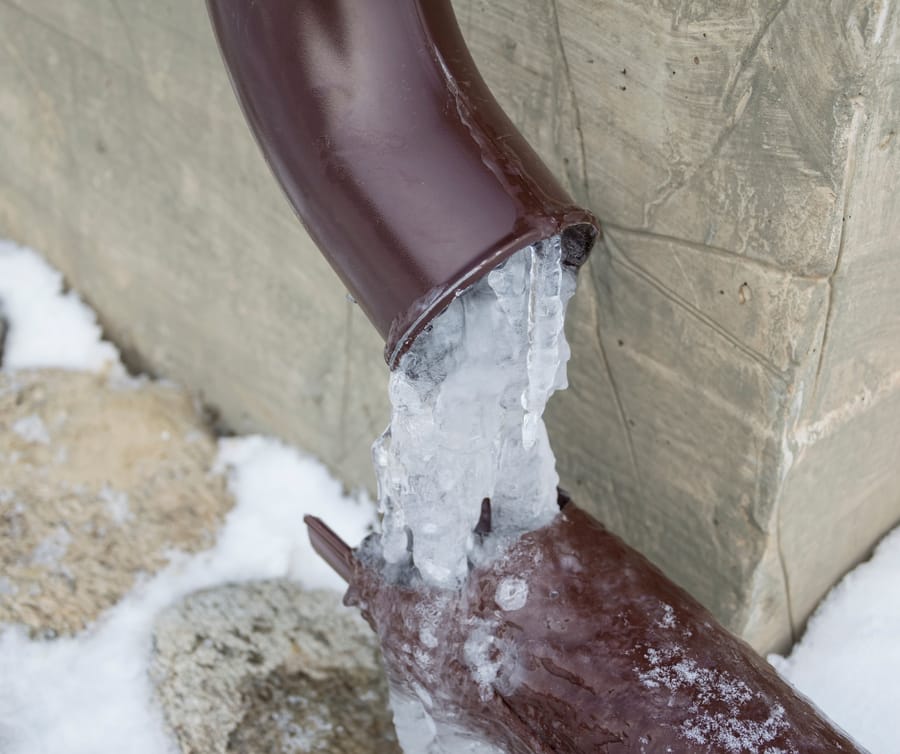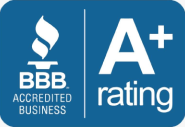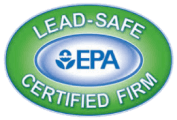The Roanoke Winter Warm-Up Plan: How to Prep Your Heat Pump for Freezing Nights
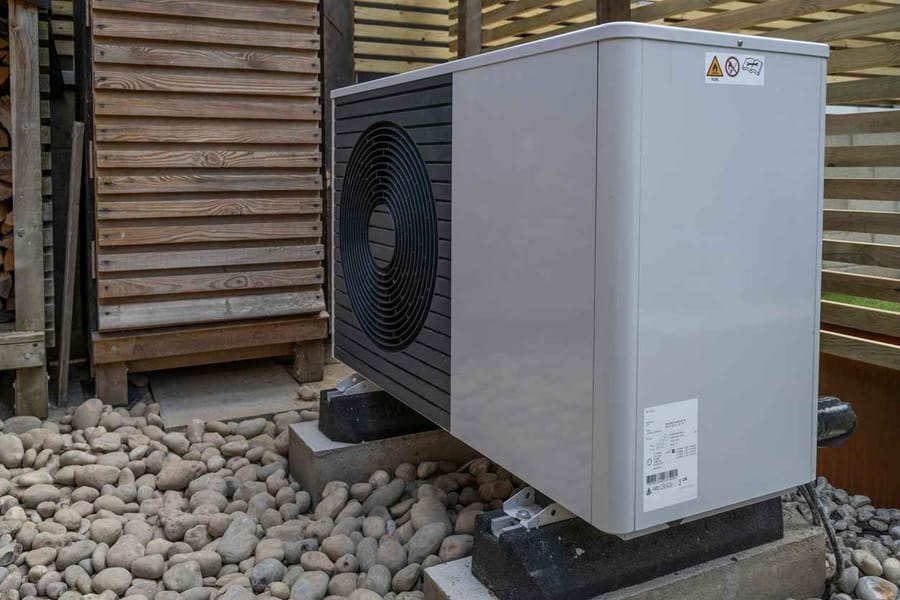
Roanoke winters bring freezing nights, sharp temperature drops, and long stretches of cold weather that put your heat pump to the test. While heat pumps are highly efficient, they need proper preparation to maintain strong performance when temperatures fall. Without seasonal maintenance, small issues can quickly turn into poor airflow, frozen coils, or reduced heating capacity.
Preparing your heat pump before the coldest nights arrive helps protect your system and keeps your home comfortable all winter long. This blog walks you through the essential steps Roanoke homeowners should take to get their heat pump winter ready, including cleaning the outdoor unit, adjusting thermostat settings, checking airflow, and scheduling a professional tune up. A little preparation now ensures efficient heating when you need it most.
Understand How Heat Pumps Perform in Cold Weather
Heat pumps work differently in winter than traditional heating systems. Instead of generating heat, they pull warmth from the outdoor air and transfer it into your home. As temperatures drop in Roanoke, there is less available outdoor heat for your system to absorb. This makes the heat pump work harder, which can reduce efficiency and increase wear if the system is not properly prepared.
How the Defrost Cycle Protects the Outdoor Unit
During freezing nights, the outdoor coil can accumulate frost or ice. To prevent damage, heat pumps enter a defrost cycle that temporarily reverses operation and melts the ice buildup. This cycle is normal and essential to winter performance. However, if your unit stays in defrost too long or cycles too often, it may indicate airflow problems, low refrigerant, or a failing sensor. Ensuring the outdoor unit is clean and clear helps the defrost cycle work correctly.
When Supplemental Heat Becomes Necessary
During extreme cold spells, a heat pump may need assistance from supplemental heat sources to meet your home’s comfort needs. Electric heat strips or a furnace backup can help maintain steady indoor temperatures when the outdoor air becomes too cold for efficient heat transfer. If your home feels chilly despite the system running, your supplemental heat may not be engaging properly and should be inspected before winter arrives.
Clean and Clear the Outdoor Unit
Your heat pump’s outdoor unit must have strong, unobstructed airflow to perform well during freezing weather. When leaves, branches, dirt, or ice buildup restrict airflow, the system has to work harder to pull in heat from the outdoor air. This can lead to reduced heating capacity, frequent defrost cycles, and even system shutdowns during Roanoke’s coldest nights.
Safely Removing Debris and Trimming Vegetation
Start by clearing away leaves, sticks, weeds, and grass clippings from around the unit. Maintain at least two feet of open space on all sides so the system can breathe properly. Trim back shrubs and remove any objects leaning against the unit. Avoid using sharp tools near the fins to prevent bending or damaging the coil surface.
Checking for Ice Buildup and Proper Drainage
Check the base of the unit after heavy snow or freezing rain. Ice forming on the bottom or sides can block airflow and interfere with the defrost process. Make sure water can drain away from the unit and that snow is not piled against it. Light frost during winter is normal, but large sections of solid ice should be handled by a professional, since they may signal deeper performance issues.
Replace or Clean Air Filters
Clean air filters are essential to your heat pump’s winter performance. When filters become clogged with dust, pet hair, or debris, airflow drops significantly. This forces your heat pump to work harder to move warm air throughout your Roanoke home, reducing efficiency and increasing wear on the system. Winter heating cycles often run longer, which means filters must be checked more frequently during cold months.
Choosing the Right Filter for Roanoke’s Climate
Roanoke homeowners often benefit from medium to high efficiency filters that can capture fine particles without overly restricting airflow. Fiberglass filters are inexpensive but offer limited filtration. Pleated filters provide stronger air cleaning and are suitable for most homes. If you have allergies or indoor air quality concerns, consider a higher rated filter, but always confirm it is compatible with your heat pump to avoid strain on the system.
Signs Your Filter Is Causing Efficiency Problems
If you notice weak airflow from vents, uneven room temperatures, or higher energy bills, your filter may be overdue for replacement. A clogged filter can also cause the system to overheat or trigger a safety shutdown. Checking your filter every 30 days and replacing it as needed helps your heat pump operate efficiently throughout the winter.
Inspect Thermostat Settings and Controls
Your thermostat plays a major role in how well your heat pump performs during Roanoke’s freezing nights. Incorrect settings can cause the system to run longer than necessary, overuse supplemental heat, or struggle to maintain indoor comfort. Taking a few minutes to adjust and confirm the right settings helps keep your home warm while protecting your heat pump from unnecessary strain.
Proper Use of “Emergency Heat”
Many homeowners mistakenly turn on “Emergency Heat” when temperatures drop. Emergency Heat is designed for system failures, not normal cold weather. Using this setting forces your backup heat source to run constantly, increasing energy use and bypassing your heat pump entirely. In most cases, the standard “Heat” setting is all you need. If your home is not warming properly without Emergency Heat, your system may need maintenance.
Benefits of Programmable and Smart Thermostats
Programmable and smart thermostats help regulate temperature more efficiently during winter. These thermostats maintain steady heating cycles, prevent frequent system starts, and reduce energy waste. Smart models can even adjust settings based on outdoor temperature changes, making them ideal for Roanoke’s fluctuating winter conditions. If your thermostat is old or unresponsive, upgrading before winter can greatly improve comfort and system performance.
Check Ductwork and Indoor Airflow
Strong indoor airflow is essential for your heat pump to keep your Roanoke home warm during freezing nights. When ducts are leaking, blocked, or poorly insulated, warm air cannot circulate effectively. This leads to cold spots, higher energy bills, and extra strain on your heat pump during winter.
Sealing Air Leaks and Improving Insulation
Duct leaks allow warm air to escape into unconditioned spaces like attics, basements, or crawl spaces. These leaks force your heat pump to work longer to heat your home, reducing efficiency. Sealing duct gaps and improving duct insulation help your system maintain steady temperatures and reduce energy loss. Homes with long duct runs or older ductwork often benefit the most from these improvements.
Ensuring Vents and Returns Are Unobstructed
Furniture, rugs, and decorations can accidentally block vents and restrict airflow without homeowners realizing it. Walk through your home and make sure all supply vents and return grilles are open and clear. Even partially blocked vents can reduce comfort and force your heat pump to run longer. Keeping airflow balanced ensures your home stays warm and your system operates efficiently.
Schedule a Professional Heat Pump Tune-Up
A professional tune up is the most important step in preparing your heat pump for freezing Roanoke nights. Even if your system seems to be running well, small issues that go unnoticed can turn into reduced efficiency, higher energy use, or mid winter breakdowns. A licensed technician can catch these problems early and ensure your heat pump is fully ready for cold weather.
Refrigerant Checks and Electrical Testing
A technician will verify that your system has proper refrigerant levels, since low refrigerant can cause poor heating performance or freeze the outdoor coil. They also inspect electrical components, tighten connections, test relays, and ensure the system is cycling correctly. These checks help prevent electrical failures during periods of heavy winter use.
Cleaning Coils and Verifying Defrost Operation
Dirty indoor or outdoor coils reduce the system’s ability to transfer heat effectively. A tune up includes cleaning these coils to improve efficiency. The technician will also test the defrost cycle to ensure it activates correctly during freezing nights. Proper defrost operation protects the outdoor unit from ice buildup and keeps your heat pump running smoothly all winter.
Get Your Heat Pump Winter Ready with Roanoke’s Trusted Experts
Preparing your heat pump before freezing temperatures arrive is the best way to ensure reliable, efficient heating throughout the winter. By checking airflow, adjusting thermostat settings, clearing the outdoor unit, and scheduling a professional tune up, you can prevent mid-season breakdowns and keep your home comfortable during Roanoke’s coldest nights.
Ostrom Electrical, Plumbing, Heating and Air provides comprehensive heat pump inspections and winter readiness services for homeowners throughout the Roanoke area. Our experienced technicians can identify potential issues, optimize system performance, and help your heat pump stay dependable all season long.
Contact Ostrom today to schedule your winter warm up service and enjoy peace of mind all winter.


